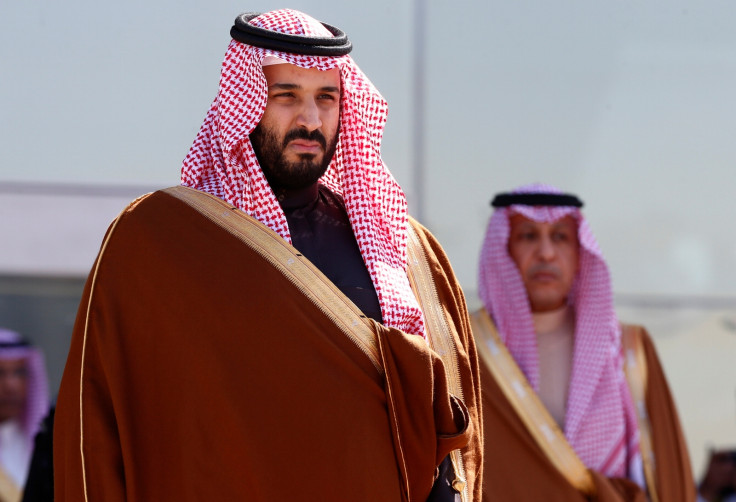Saudi Arabia's powerful crown prince vows to eradicate Islamist terror from the world
Mohammed bin Salman promises not to let terrorists distort the image of the "peaceful religion" Islam.
Saudi Arabia's powerful crown prince, who has been swiftly rising to prominence in recent months, has pledged to eradicate Islamist terror from the world. Mohammed bin Salman promised he would not allow the terrorists to distort the "peaceful religion".
The statement of Salman, the 32-year-old heir to the throne, came at a gathering of what is known as Islamic Military Counter Terrorism Coalition – an alliance of more than 40 Muslim nations led by Riyadh. Defence ministers or top authorities of the countries were present at the inaugural meeting on Sunday, 26 November as the bloc met for the first time since its formation two years ago.
At the conference titled, "Allied against terrorism", the crown prince, nicknamed MBS in the Middle East political and royal circles, said the powerful coalition of Islamic nations will help them marshal political, military and financial resources. This will help Muslim states to combat Islamist terrorism better after a long period of poor coordination among the countries.
"We will not allow them [terrorists] to distort our peaceful religion," said Salman. "Today we are sending a strong message that we are working together to fight terrorism. Today we affirm that we will pursue terrorism until it is eradicated completely."
The summit takes place against the backdrop of the terrorist attack on a mosque in Egypt's restive Sinai region in which more than 300 people were killed. Salman, who is increasingly becoming the architect of the regional policies emerging from Saudi Arabia, has also promised to boost a moderate version of Islam after years of dominance by the puritanical strains of the Islamic faith.
The emergence of the new Sunni alliance has also stoked fears that it would deepen the rift between Saudi Arabia and its regional arch-rival Iran, the Shia-oriented powerhouse. There are also concerns that this would mean the volatile Middle East will turn more unstable owing to the deepening cold war between Tehran and Riyadh.























